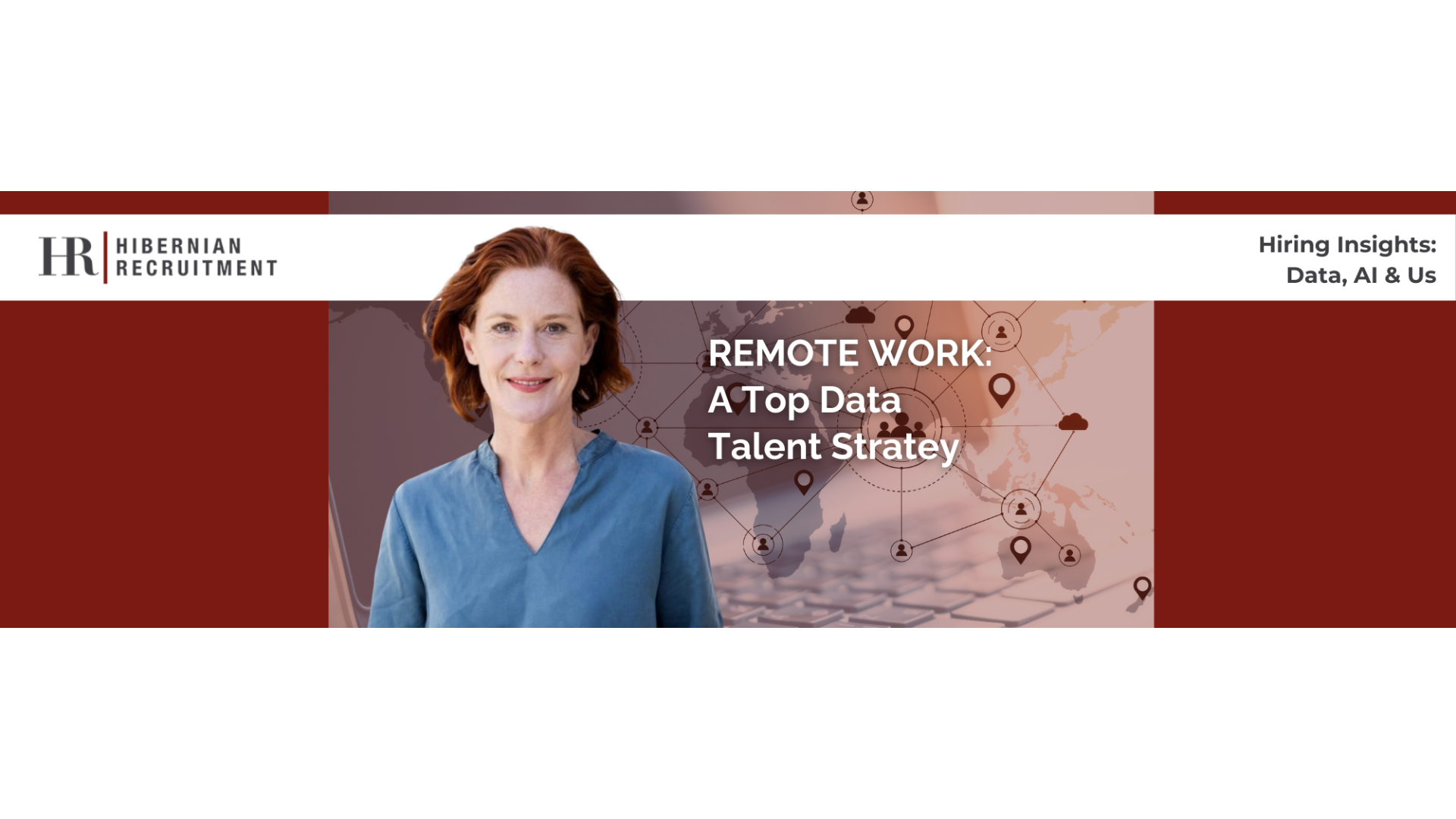
Data, AI & Us: Why Flexibility Wins Top Talent 🚀🌐
Welcome back to „Hiring Insights: Data, AI & Us.“ In this edition, I’m addressing the trigger-topic of hybrid work and its impact on your talent strategy. It’s a critical factor shaping the job market that can be leveraged to win top-tier talent. The attraction of flexible work arrangements – whether you like them or not – needs to be understood to compete for today’s top talent. 🌟
The Ever-Evolving Landscape of Hybrid Work: A Reflection
Several years post-pandemic, we’re still talking through the reality of hybrid and remote work. While some companies (including a surprising number of high-tech innovators) are mandating a full return to office, others are embracing and thriving on remote and hybrid models. What’s clear is that the traditional 9-to-5 office paradigm is transforming. Research from Gallup shows how much hybrid work is becoming the new norm, and more studies support the trend finding that most individuals prefer a flexible arrangement. McKinsey, in a recent survey, identifies flexible work arrangements as a top motivation for job seekers.
The Art of Hybrid Work: Advantages and Challenges in Europe
But it’s not always easy. By now most of us have first-hand knowledge in how hybrid work brings challenges, as well as benefits. Trust issues, weaker team cohesion, and reduced job engagement are among the hurdles. It’s an ongoing exercise in flexibility, communication and self-discipline.
However, when done well, hybrid and remote work are tools to balance diverse workloads and win talent beyond your geographic pool of opportunity. Being realistic, not every job aligns with remote work, and the challenges of managing distractions and maintaining self-discipline are real. Individual preferences play a role, with some thriving in office settings, valuing spatial separation and direct team contact. This quote from Gallup’s „The Advantages and Challenges of Hybrid Work“ sums it up well:
„The art of hybrid work largely comes down to leveraging the advantages it creates, quickly addressing its challenges, and being very intentional about how time is spent on-site versus at home.“
Structural factors – namely cyber safety, economic safety, digital and physical infrastructure, and social safety – also play a role in remote work success, as highlighted by the Global Remote Working Index (GRWI) and covered more here in my post. Europe, especially Denmark, the Netherlands, and Germany, ranks well in all of these, making remote more an even better option in our region.
Tapping Into the Network Trends in Hybrid Environments
As Germany and the broader EU embrace hybrid work, the traditional office-centric approach is giving way to new network dynamics. This article from HBR shows what’s working and advises us that „to design hybrid work properly, you have to think about it along two axes: place and time.“ Specifically, how to leverage technology to build virtual communities, fostering seamless collaboration among distributed teams to move across locations and asynchronous work hours.

Making Hybrid Work for Your Data Talent Strategy 🚀
In this era of flexible work, the role of data talent becomes even more critical. For remote to work, I’m seeing that SMEs need to strategically recruit data professionals who not only possess technical skills but also thrive in a collaborative and remote-friendly environment. To win that talent, flexibility emerges as a deciding factor. In an era where the workforce can and will actively seek opportunities aligning with their lifestyle, weaving flexibility into your talent strategy becomes non-negotiable.
And what about business benefits? Flexibility is future growth: as reported recently in Forbes, „companies that were fully flexible between 2020 and 2022 saw their revenue grow by 21%, much higher than the 5% growth recorded by those that required in-person work.“ If you need more sources for evidence check out the 2024 list of resources on remote work from Forbes.
„63% of employees are willing to take a pay cut to work remotely“
Winning Top Talent with Flexibility
The terrain of talent acquisition is shifting, and so should our approach. Flexibility influences the decision-making process of candidates with research showing „63% of employees are willing to take a pay cut to work remotely.“ Acknowledging the role flexibility plays isn’t just about offering remote work; it’s adopting a mindset that comprehends and caters to the unique needs of your potential hires.

Flexibility: Beyond a Perk, It’s a Strategy
It’s my deep belief that we in Europe must view flexibility not merely as a perk but as a strategic imperative in our talent strategies. The future of work is evolving, and your talent strategy should evolve with it. If you’d like to discuss your organization’s specific challenges, send a DM or use our contact form to get in touch via email.
And if flexible work structures are already part of your talent strategy, feel free to share what’s worked well – and what hasn’t, too. I’m always looking to learn more about this fascinating work / life development 🌐🚀
Ann Dempsey

